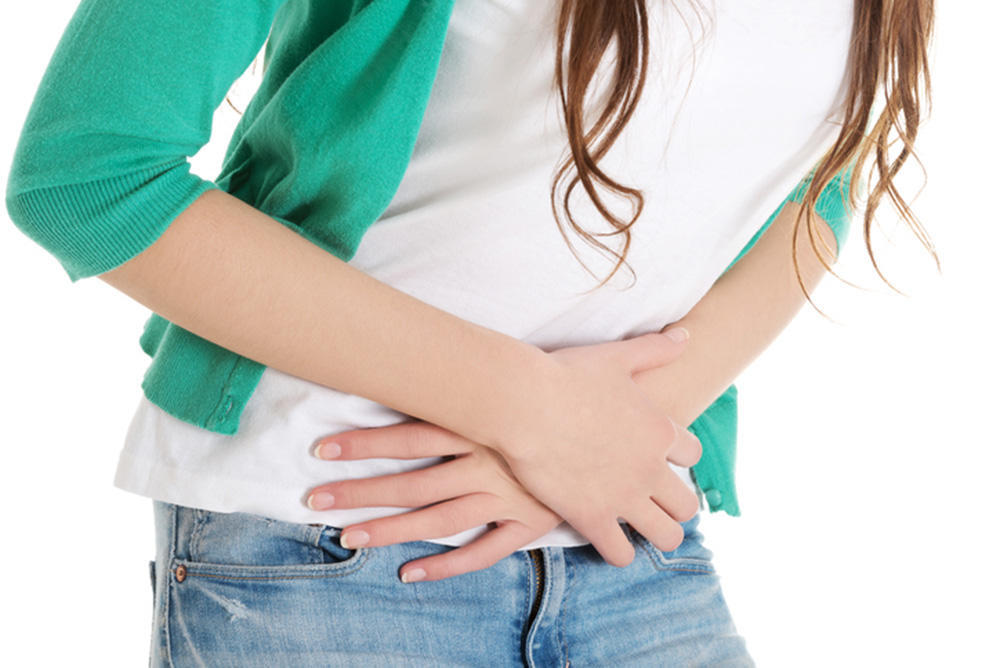
iStock
YOU’VE TRAVELED enough in developing countries to take all the usual precautions. Water: don’t drink it, don’t use it to brush your teeth, don’t open your mouth in the shower and say no to ice. Food: eat fruit and vegetables only if they can be peeled or cooked. Just in case, pack Imodium (loperamide).
You go, you are careful, but you always get sick—a night of chills and fever, followed by days of stomach cramps and diarrhea—and for the rest of the trip you stick to rice and tea, cheese and bananas. This can happen in Cuba but also in Paris, where water, fruit and veggies should be worry-free.
The culprit could be inflammation. Gastritis—inflammation of the stomach and intestinal lining —has two main causes: a bacterium (H.pylori) and NSAIDs. Gut inflammation is caused paradoxically by the same NSAIDs used to counter arthritis-related inflammation, or a low-dose daily aspirin taken to lower a familial risk of colon cancer.
When traveling, your inflamed gut overreacts to an onslaught of unaccustomed foods: spicy, fried, rich and fatty (fatty pork is a specific villain), as well as to caffeinated and carbonated drinks, fruit juices, tomatoes and peppers and alcohol. An aggravating problem may be insufficient fiber to keep food moving quickly through your system.
Inflammation is a complex process involving many different physiologic responses. NSAIDs decrease pain-causing inflammation by inhibiting the body’s production of prostaglandins, some of which, however, are important in protecting the gut from the corrosive effects of acid produced to aid digestion.
Another example of inflammation’s complexity: while it helps spur muscle growth as a result of exercise, it also contributes to muscle loss that occurs with aging. In the case of blood sugar, inflammation activates proteins crucial to maintaining normal blood sugar levels but can also contribute to insulin resistance leading to type-2 diabetes.
And there’s timing: NSAIDs can actually speed up the progression of Alzheimer’s disease in patients in advanced stages—while those who start taking NSAIDs regularly in midlife, when their brains were healthier, appear to have slower cognitive decline, according to a 2015 Nova report.
“Good” inflammation, generally acute, fights foreign invaders and heals injuries. But it’s also at work on a regular basis, for example, during sleep to mop up unnecessary or used-up cells left over from the day’s activities, especially helping to protect the brain from Alzheimer’s disease.
“Bad” inflammation, generally chronic, is a culprit in arthritis, asthma, atherosclerosis and cancer; maybe in depression and other mental illness; maybe in autism. And it may contribute to Alzheimer’s disease when insufficient sleep or other causes allow cellular debris to remain in the brain.
But complex processes are also involved in efforts to reduce bad inflammation. Statins taken to counter high cholesterol (blamed for cardiac disease-related inflammation) may at the same time decrease the brain’s good debris-collecting inflammation.
Foods hyped as anti-inflammatory may also be combating good inflammation. It’s a question of context, of what else you’re eating. “Turmeric may work anti-inflammatory wonders for mice,” writes Scientific American columnist Claudia Wallis. But nutrition experts point out that’s in the context of rodent chow.
Many recommend the Mediterranean Diet for a good balance of foods to reduce bad inflammation, in particular, seafood twice a week. But the little benefit shown in studies of fish-oil supplements indicates that positive effects may be due not to fish alone but to what else is being eaten.
What’s a traveler to do? If experience suggests a susceptible gut, try not to over-consume the negatives: spicy, fried, rich and fatty, especially pork, and alcohol. Pack portable fiber-rich foods like granola bars and walnuts. If that proves insufficient, add prophylactic fiber-rich supplements like psyllium.
For treating symptoms, the first step is usually a bland diet, at least until the discomfort subsides. Reducing stress can also help. Antacids like Pepto Bismol can neutralize the acid, though they come with side effects—turning your tongue black as well as interacting with other drugs including NSAIDs, the original culprit.
Stopping NSAIDs might be an obvious solution, but can involve a tough trade-off between sticking to chicken soup and granola bars or suffering nasty, nagging pain.
—Mary Carpenter
To read more well-being posts, click here.
